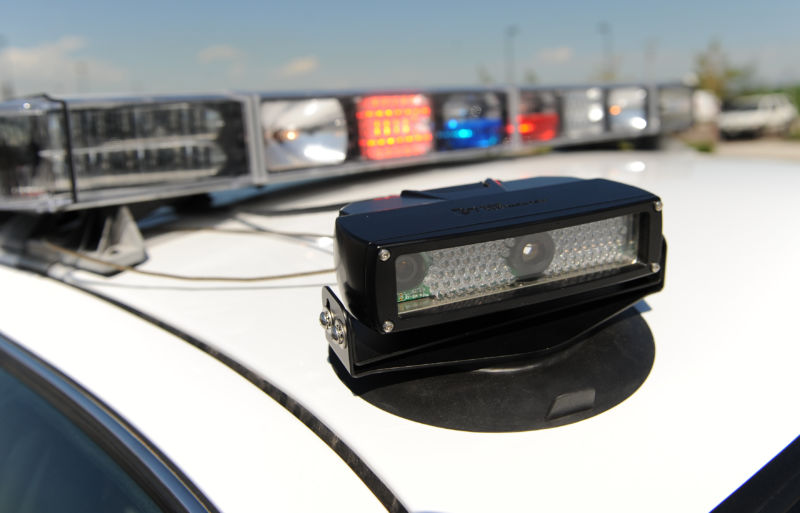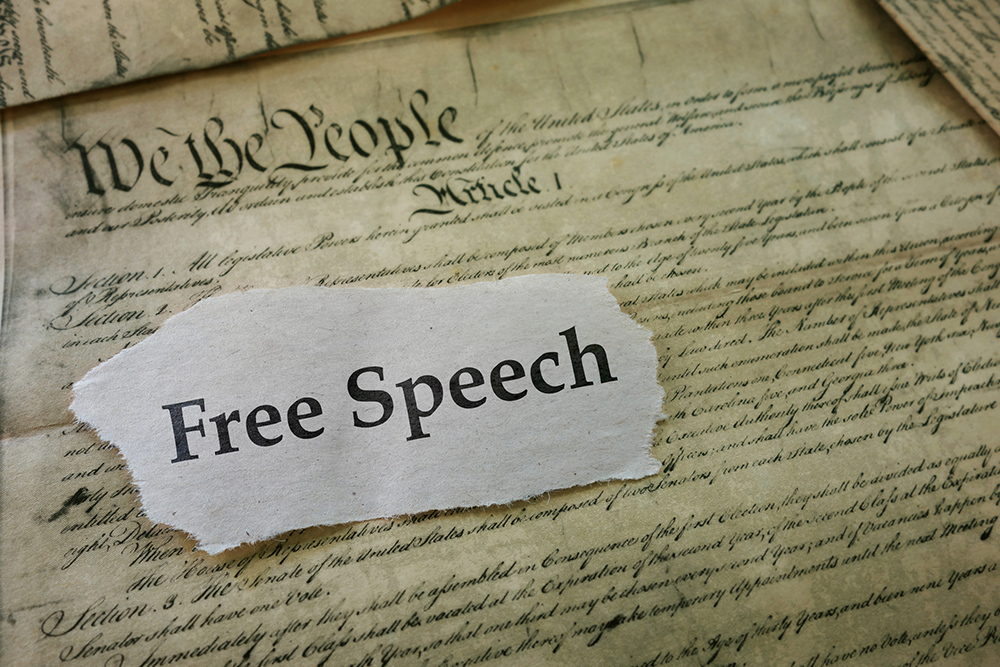
Furthermore, not only are websites and apps following our every move, but the government is too. This kind of tracking leads to a loss of privacy. Catherine Crump said in her TED Talk that one of the key technologies allowing governments to watch their citizens is the automatic license plate reader. These readers can be found all over cities and even on police cars. These trackers keep an extensive amount of information on where your car goes, who you ride with, and your daily life every time you pass a license plate reader. Before the internet, the government could not even keep this information. The internet allows us to store information in a void of nothingness and recall it whenever someone needs it.
Finally, the internet has made it easier to attack people. Face-to-face conversations are scary for many people, especially difficult discussions. With the internet, people often respond without thinking, and they and can make their points quickly and cheaply. An Insider article by Mariel Loveland stated, "61% of teens preferred texting their friends, vide-chatting, or using social media over in-person conversation." With it being easier to talk online, the worldwide web can then be hell for some people. Cyberbullying is at an all-time high, and this can only occur on the internet. Darieth Chisolm talked about how 1 in 10 women under the age of 30 has experienced their explicit photos being shared online. This is a term Chisolm talked about called "revenge porn." Instantly, explicit photos can be shared all over the internet in just seconds. Before the internet, those photos would be lost or have limited circulation.


















